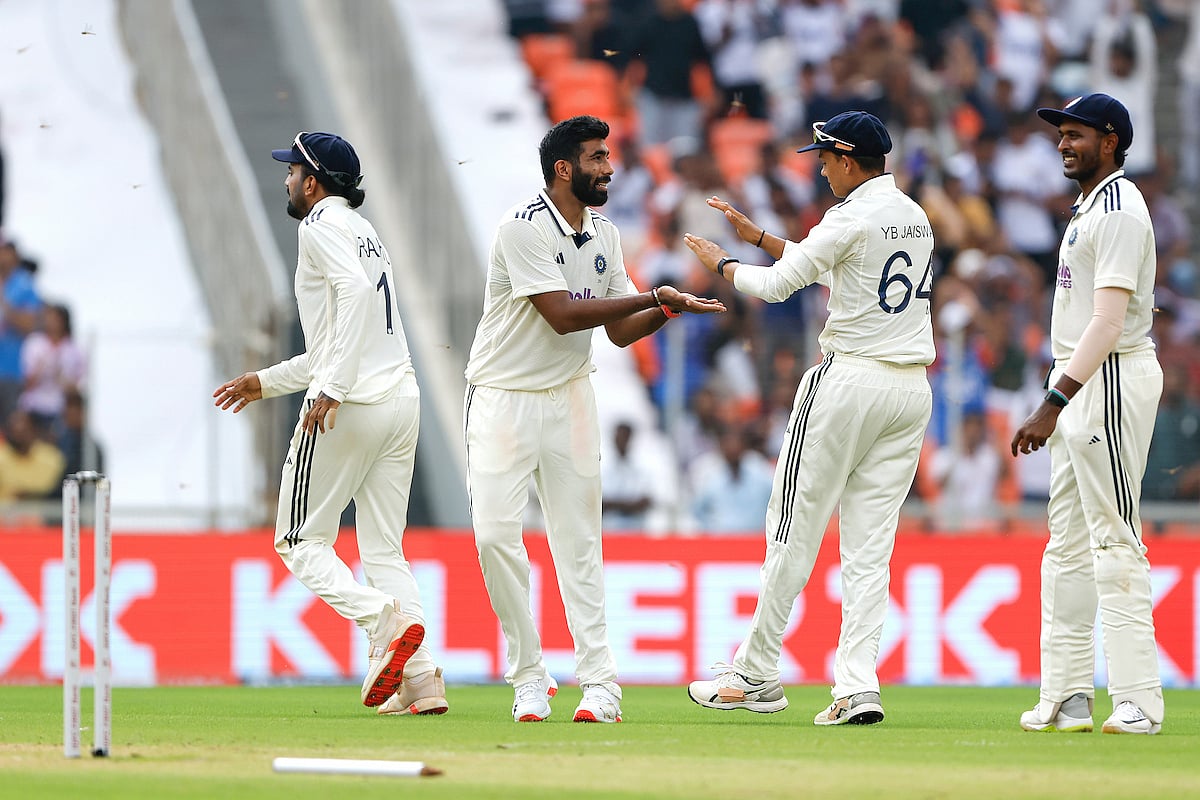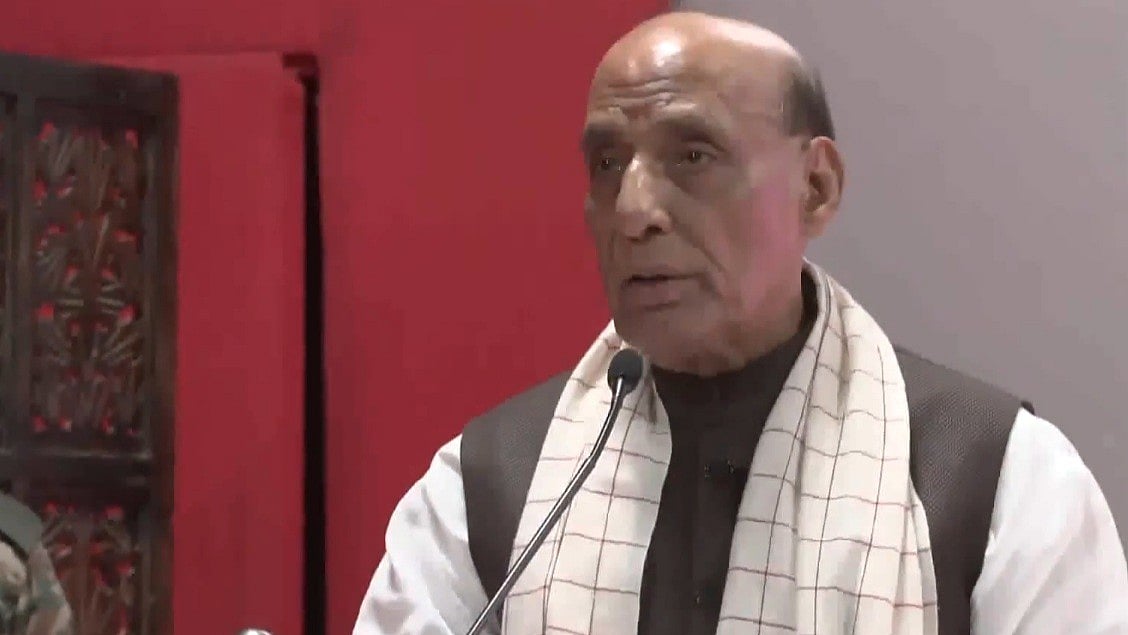With general elections now only a couple of months away, populism and promises of freebies are and will be the flavour of the season. Already, the ruling dispensation at the centre is at its populist best. It has announced the constitution of the seventh Pay Commission for central government employees as an obvious sop to this very important vote-bank. Though the Pay Commission caters to only central staff, that its recommendations have a cascading effect on employees of state governments too is well-known.
The economies of several states are in a shambles thanks to the rigours of implementing the recommendations of the sixth Pay Commission but the centre couldn’t care less. The Manmohan Singh government could well have waited for the next government to set up the seventh Pay Commission, but it chose not to wait, so as to exploit the vote potential of this segment. The long-standing demand for one rank-one pension for retired and retiring defence employees has been conceded, a new wage board for journalists is in the pipeline as a carrot to newsmen and Union Finance Minister P Chidambaram has chipped in with sops for sections of voters through the ‘interim’ budget. The same motivation had prompted the government to hurry through with the Food Bill earlier. State governments too indulge in holding out baits and sops for sections of voters in cynical disregard of moral standards.
In July 2013, the Supreme Court had opined that distribution of freebies influenced all people. It shook the roots of free and fair elections to a great degree, it had said. But when it came to action to rein in political parties from such a pernicious practice which “strikes at the root of free and fair elections,” it pleaded helplessness and merely told the Election Commission to consult various parties and frame guidelines on what the election manifestoes of parties must not contain. In today’s atmosphere of defiance of norms, such guidelines would be breached and disregarded routinely. The Apex Court needed to lay down that promising freebies in manifestos amounted to a corrupt practice. This would have had some effect on cleaning things up. Dutifully, the EC has issued the guidelines, but it is very doubtful if this non-justiciable means would lead to any good in cleaning up the electoral process.
Electoral promises, some of which are even honoured by the parties that promise the sops, have a crippling effect on the finances of the state and are a drain on the taxpayer. There was the classic case of TVs being distributed for free to the poor in Tamil Nadu by the DMK after the 2006 assembly elections, at a huge cost to the public exchequer, estimated at Rs 750 crore. Before the AIADMK and the DMK fought the 2011 assembly elections, competitive populism was at its worst. The DMK had promised mixer-grinders and laptops, while the AIADMK promised four grams gold for ‘mangalsutras’, fans for all homes and laptops for students. It was these promises that the Supreme Court bench ruled did not fall under the purview of corrupt practice.
Other parties too have held out baits to voters. In UP elections, the Samajwadi Party had assured laptops for college students and computer tablets for those who clear Class X, while the BJP had promised a cow for every poor family and cheap laptops and tablets. The Congress in Karnataka had held out the bait of interest-free farm loans upto Rs 2 lakh in Karnataka in 2013. These are only a few recent examples of such largesse.
All promises sway voters, but especially those made by the party running the government in a state because such promises tend to be looked upon with greater degree of credibility. An unfair advantage accrues to parties as a result of the lure of the baits held out to voters. Clearly, if there is to be a level-playing field as there should be, it is imperative that promises by political parties in the shape of freebies and sops be reined in through legislation.
The recent EC guidelines asking political parties to reflect on the rationale for promises and broadly indicate the ways and means to meet the financial requirements for fulfilling the promises made in their manifestos are well-meaning. Hopefully, the guidelines, if followed, will ensure transparency and a level playing field. The coming Lok Sabha elections will be a litmus test of how sincere the parties are in following the model code of conduct. If they are not, some way of regulating sops needs to be found.










